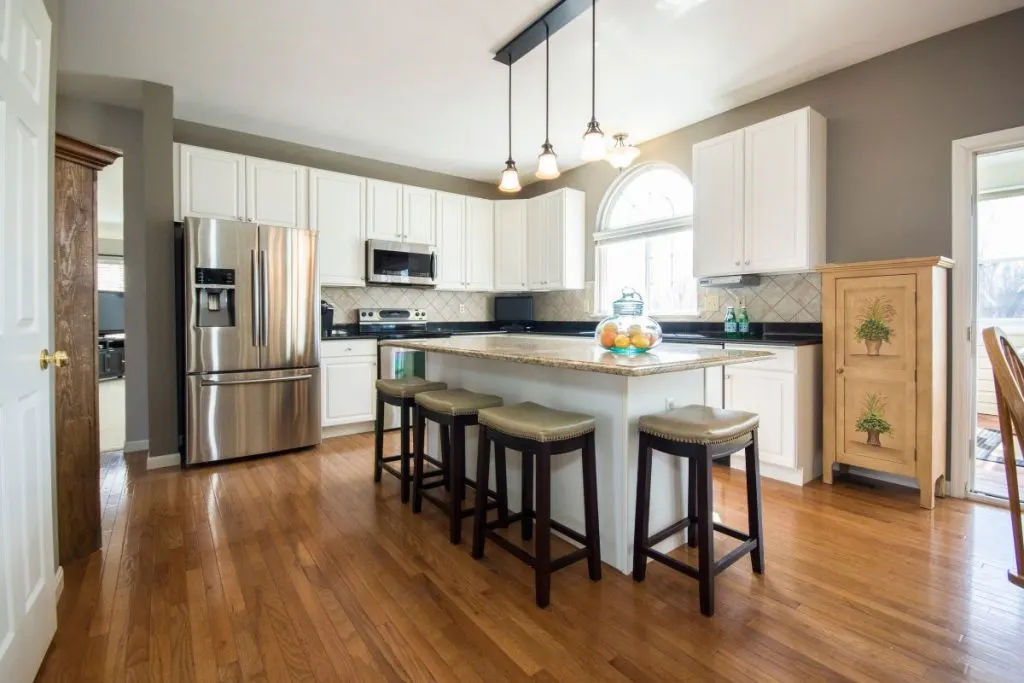There are a lot of things to think about when you become a homeowner. It’s not as simple as just signing on the dotted line and moving in! You have to take into account all of the added expenses and responsibilities that come with being a homeowner. In this blog post, we will discuss seven things that every homeowner needs to account for. By preparing for these things ahead of time, you can make the transition into homeownership much easier!
1. Utilities
One of the first things you need to account for as a homeowner is utilities. This includes electricity, gas, water, and sewer. You will be responsible for paying these bills every month, so it’s important to budget for them accordingly.
Namely, to stay on top of your budget, you should first find out the average cost of utilities in your area. For example, if your water heater breaks and you need to replace it, you can be sure to have enough money each month to cover the bills.
Additionally, it’s a good idea to have a little bit of wiggle room in your budget for unexpected expenses. Nobody likes getting hit with an unexpectedly high utility bill, so it’s always better to be prepared!
2. Maintenance and repairs
Another thing you need to think about is home maintenance and repairs. As a homeowner, you will be responsible for keeping your home in good condition. This means fixing any damage that may occur, as well as regularly scheduled maintenance tasks like painting and yard work.
For instance, let’s say your water heater breaks and you need to replace it. This is an unexpected repair that can be quite costly. To avoid being caught off guard, you should set aside a small amount of money each month to cover unexpected repairs.
3. Warranty and insurance
When you purchase a home, you will also need to get homeowners insurance. This type of insurance protects your home and belongings in case of damage or theft. It is required by most lenders, so be sure to factor it into your budget. The average home warranty cost is around $500, but it can range from $250-$1000. Namely, a home warranty covers repairs and replacements for your home’s major systems and appliances. So, if something goes wrong with your furnace or your AC unit, you won’t have to pay out of pocket to get it fixed.
4. Property taxes
In addition to homeowners insurance, you will also be responsible for paying property taxes. These are taxes that are levied on your home by the government. The exact amount of property tax you pay will depend on the value of your home and the tax rate in your area. Property taxes are typically paid once a year, so be sure to budget for them accordingly.
5. Mortgage
Of course, one of the biggest things you need to account for as a homeowner is your mortgage. This is the loan that you will use to finance the purchase of your home. The monthly mortgage payment will depend on the size of your loan, the interest rate, and the term of your loan. For example, if you have a 30-year mortgage with an interest rate of four percent, your monthly payment will be around $500.
6. HOA dues
If you live in a planned community or condo, you will likely be required to pay monthly HOA dues. These dues go towards the upkeep of common areas and amenities, whether that’s play parks, pond fountains, golf courses, anything that contributes to the whole community overall. They can also cover things like trash removal and security. The amount of HOA dues you pay will depend on the size of your home and the amenities that are available in your community.
7. Moving costs

Finally, you need to account for the cost of moving into your new home. This includes hiring a moving company, renting a truck, and packing supplies. Additionally, you may need to pay for storage if you have to move out of your old home before your new one is ready. The cost of moving can vary greatly depending on the distance you are moving and the amount of stuff you have to move.
For instance, the average cost of an interstate move is around $4000. However, if you are only moving a few miles down the road, your costs will be much less.
There are several things you need to budget for as a homeowner. These include utilities, maintenance and repairs, property taxes, and your mortgage. Additionally, you should set aside money for unexpected expenses and HOA dues. Moving can also be costly, so be sure to factor that into your budget as well. By taking all of these things into consideration, you can be prepared for the financial challenges of homeownership. Thanks for reading!

